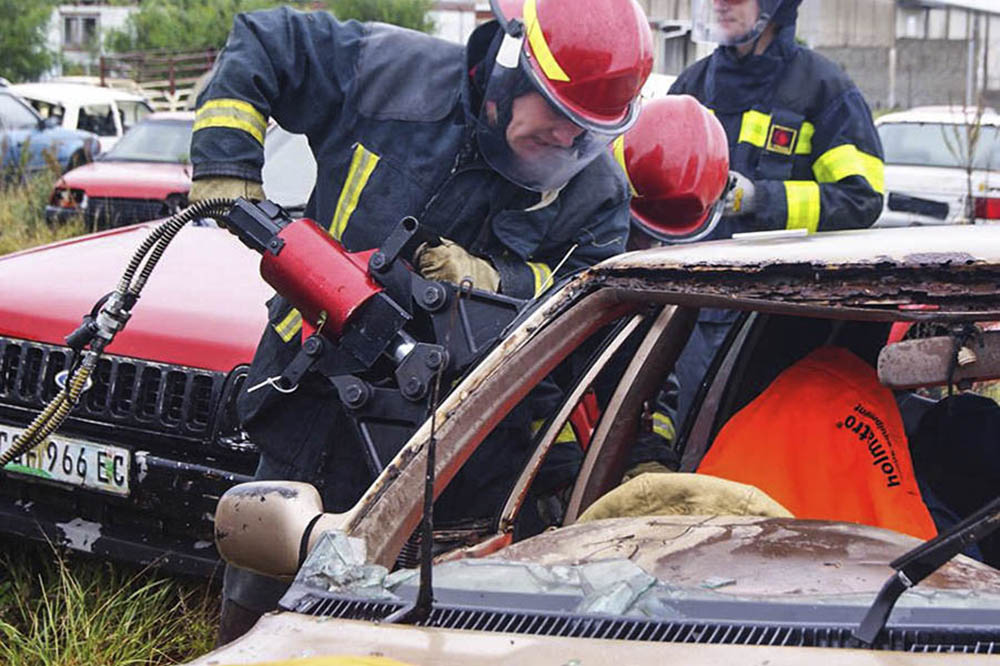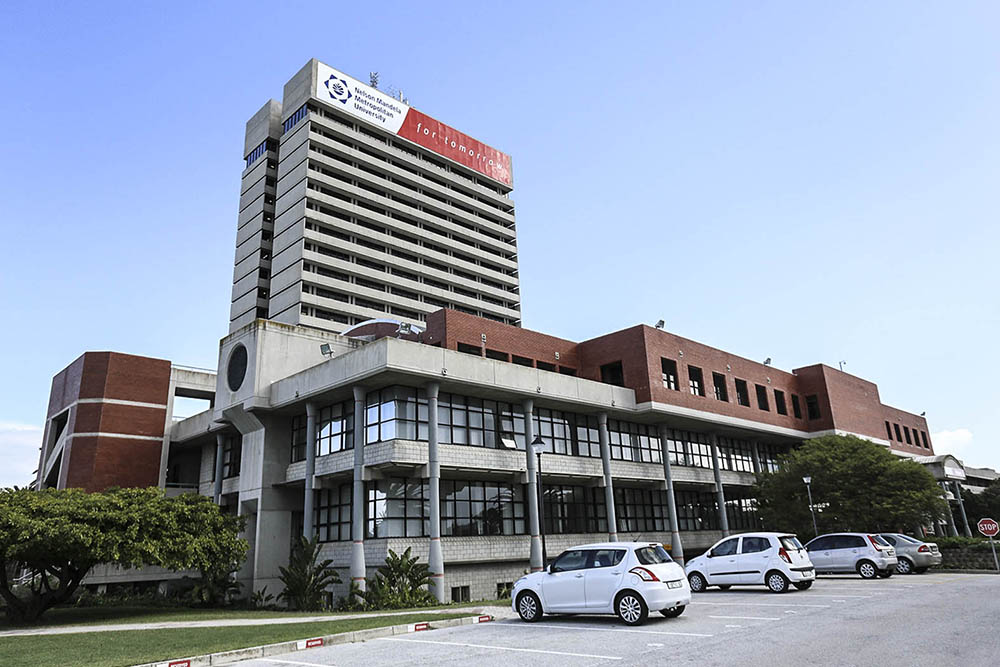NMMU plans to offer a range of paramedical and healthcare programmes
The government has given its blessing for the establishment of a medical school at the Nelson Mandela Metropolitan University (NMMU) in Port Elizabeth.
Vice-chancellor Professor Derrick Swartz announced over the weekend that the university had received formal approval for the establishment of the country’s 10th medical school.
The move follows years of campaigning by the university for the creation of a second medical school in the Eastern Cape. The province’s only medical school is based at Walter Sisulu University in Mthatha.
NMMU spokesperson Debbie Derry said Higher Education Minister Blade Nzimande requested that the institution proceed in creating a medical school by 2020 and expand its existing portfolio of health sciences programmes in 10 health professional categories.
Swartz said: “Making this call at a time of major fiscal downturn and financial uncertainty is, in my view, both bold and progressive, as it takes a long-term view of the national healthcare training needs.
“We already have the building blocks in place, including a strong and diversified faculty of health sciences, modern campus infrastructure, skilled staff, a supportive policy environment and, crucially, full support by the university community, city and wider stakeholders.”

NMMU emergency medical care students in action.
He said the university council had decided in favour of a medical school in 2010 and that detailed financial planning would now begin.
“Clearly, as a public institution, medical training has to be underpinned by core funding from the higher education budget. Naturally, training platforms fall under the department of health and they will be indispensable to the future funding model. We will have to raise investments from the private and philanthropic sectors.”
Swartz said their aim was to start with an initial intake of 50 first-year students and have an intake of about 200 students by 2022.
“NMMU also plans to offer a range of paramedical and healthcare programmes, such as emergency medical care, pharmacy technicians and mid-level healthcare professionals.”
He said current medical training was limited and that the country trained between 1 200 and 1 300 medical doctors annually.
“The Eastern Cape, with a population of 6.56-million, is facing huge healthcare and socioeconomic challenges, with only one medical school located in Mthatha at Walter Sisulu University, which has an annual intake of around 150 students.”

The Embizweni building on South Campus.
The chair of the NMMU’s council, Judge Ronnie Pillay, said: “The decision is long overdue. We have been sending our school-leavers for medical training, at great cost, to other provinces for decades now. NMMU has modern infrastructure, a strong health sciences faculty, plenty of land, a sophisticated private sector and three major public hospitals with one, Dora Nginza, originally built to accommodate a future medical training facility.
“This has long been council’s dream and I want to applaud all council members for being so steadfast in pursuing this goal. I am also confident the medical fraternity will support and participate in this exciting development.”
Nzimande had asked Health Minister Aaron Motsoaledi to get the desired policy directive from the National Health Council to begin preparing the clinical training platforms required to support a medical school.
In 2014, Nzimande’s department gave the university R72.3-million over three years to set up, among other things, new premedical programmes to allow for multi-entry options towards the MBChB (Bachelor of Medicine, Bachelor of Surgery) degree.
These students could then qualify for third-year MBChB enrolment in 2020, the target year for the university’s intake of first-year school-leavers for the same degree.
Executive dean of health sciences Professor Vic Exner said in the university’s press release that the past four and a half years had involved transforming and realigning existing faculty structures and programmes, as well as crafting new programmes.
“Strong, rigorous clinical training is indispensable, but so too is the need for models to transcend the limits of traditional approaches, and the exploration of holistic healthcare strategies that will embed medical training in wider human capabilities required for a healthy and prosperous nationhood to emerge.”